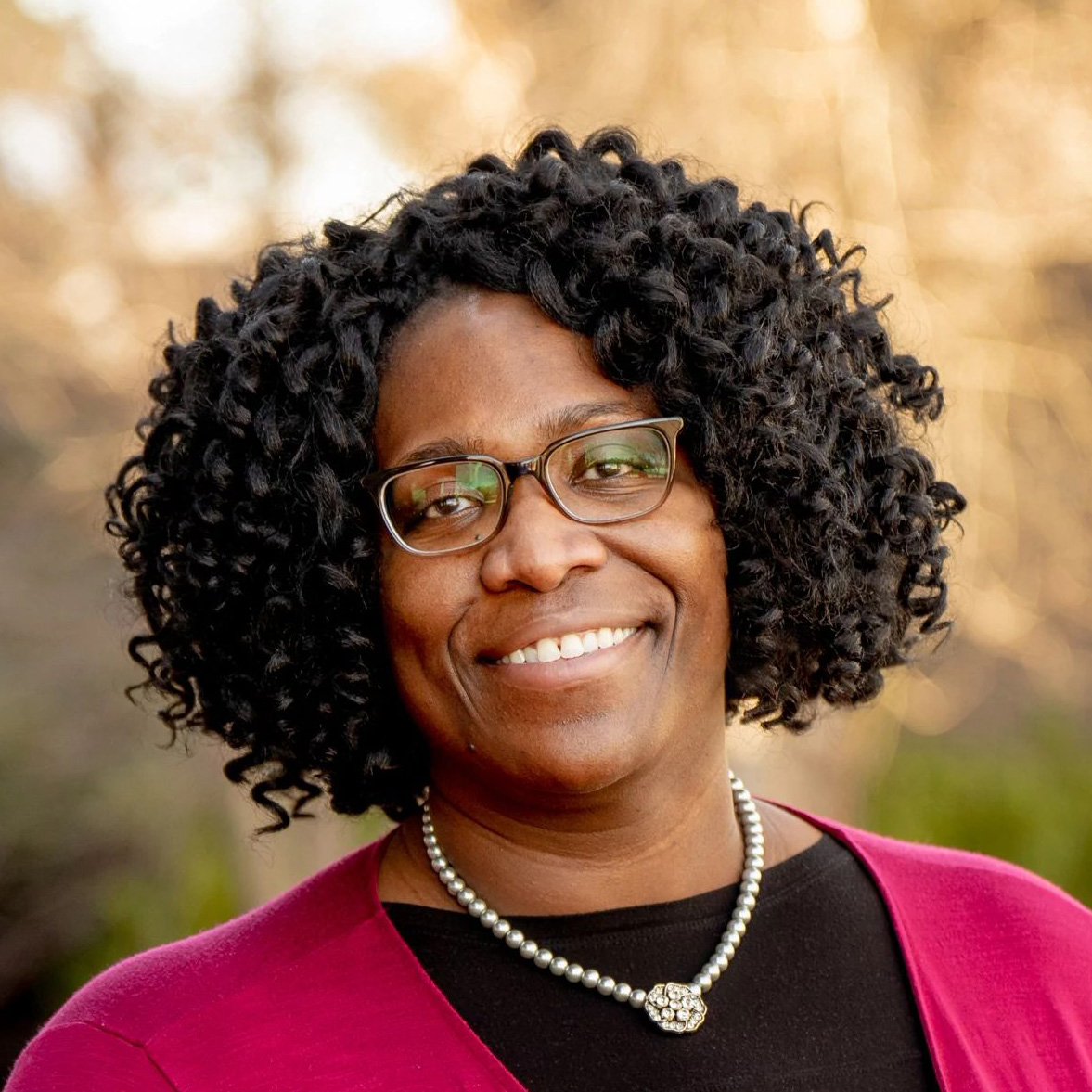- Postdoctoral Associate- Yale University School of Medicine, 2014
- Postdoctoral Fellow- UConn Health Center, 2011-2014
- Ph.D. in Bioengineering- Clemson University 2010
- M.S. in Bioengineering- Clemson University 2005
- B.S. in Biosystems Engineering, emphasis in Applied Biotechnology-Clemson University 2003
In the Lab
Tissue engineering research aims to develop biological substitutes for damaged or diseased tissues, most often using a combination of autologous cells obtained from healthy patient tissue and biomaterial scaffolds that support cell growth and subsequent tissue formation. A large proportion of tissue engineering research is focused on bone tissue engineering to yield healthy bone tissue useful for bone fracture repair. However, in addition to significant bone tissue loss, tissue defects resulting from craniofacial congenital defects, tumor removal, or traumatic injury, such as sustained in accidents or combat, are often associated with loss of surrounding soft tissue (skin, adipose, tendons, etc.) that will also need to be repaired.
Currently, our work aims to engineer composite tissue replacements for complex tissue systems, primarily focusing on craniofacial and orthopedic applications. Key aspects of this work are focused on: 1) development of composite and/or gradient biomaterial scaffolds for regenerating both the hard and soft tissue components associated with these systems, 2) investigation of cell sources for regeneration of multiple tissue types, 3) creation of multi-functional and tunable implants that simultaneously support tissue formation and minimize bacterial infections commonly associated with large-scale injures, and 4) optimization of minimally-invasive technologies for minimal scarring in craniofacial applications. Further, the development of tissue-engineered grafts presents a readily available model system that could be implemented for other regenerative medicine applications. In particular, we are working to identify factors or molecules that influence cellular behavior, and will then utilize our engineered systems as a basis for in vitro pre-clinical model systems mimicking hard-soft tissue interfaces that could be used for studying disease progression or drug efficacy. Visit the Gomillion Research Group.
Research Interest
- Tissue Engineering
- Regenerative Medicine
- Cell-Biomaterial Interactions
- Multi-functional Biomaterials
- Pre-Clinical Tissue Modeling Systems
- Cell-based Therapeutics
- Hard-Soft Tissue Interfaces
Links
- Publications by Cheryl Gomillion may be found at PubMed.
- For more information visit the Gomillion Lab.

